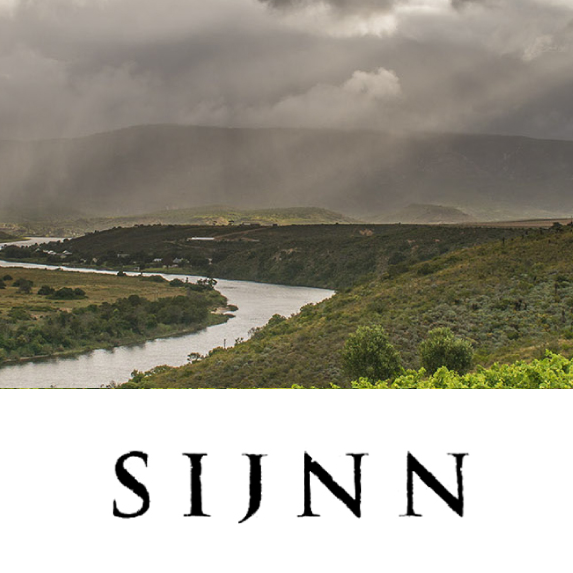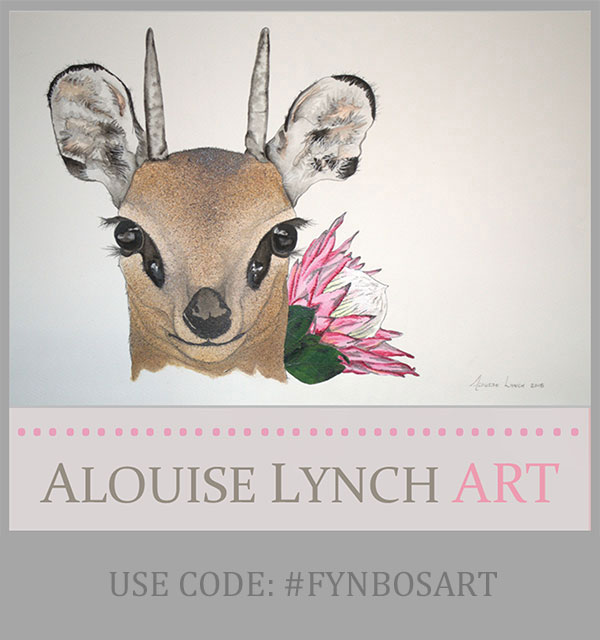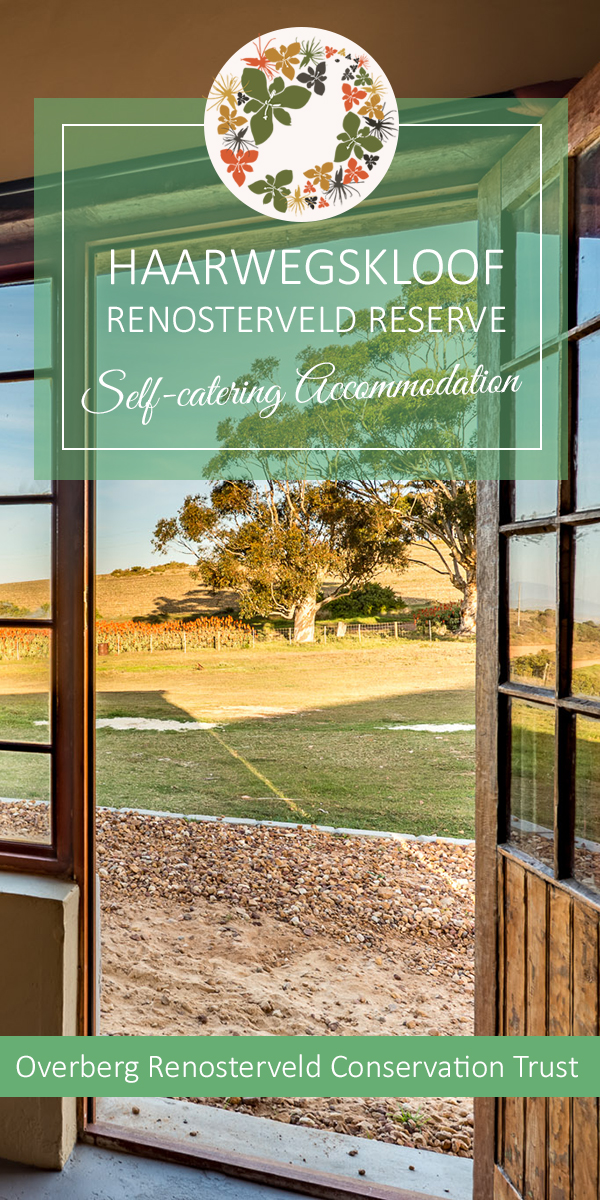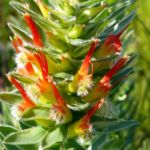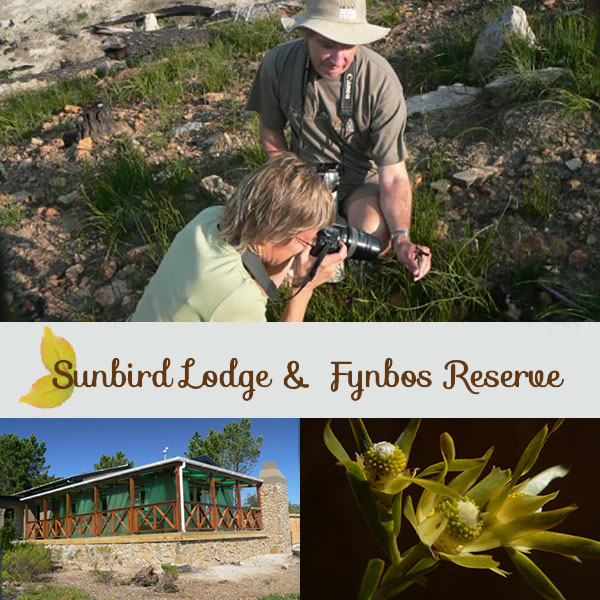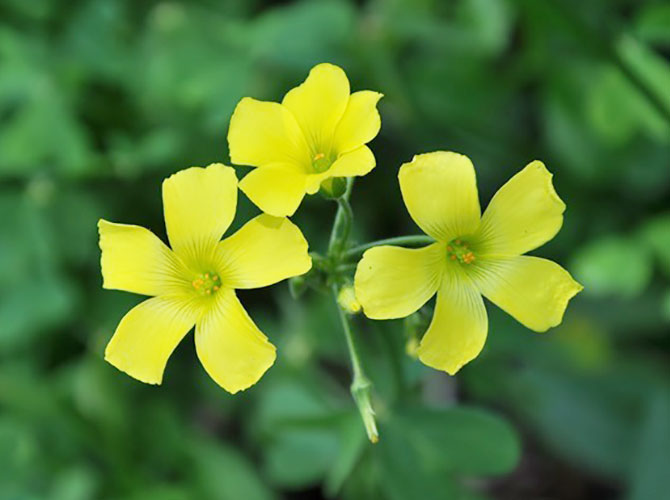
A Feast of Fynbos: The Kirstenbosch Annual Plant Fair
This week Notes from a Cape Town Botanist is reporting on the upcoming Kirstenbosch Plant Fair, one of the most exciting events and fundraisers in the South African Botanical Society’s calendar. Come along to flex those green fingers and find on sale a vast selection of indigenous plants for your garden. The dates for your diary are the 18th and 19th April and the fair will be taking place as usual adjacent to the stone cottages at Kirstenbosch NBG.
The Kirstenbosch Plant Fair is a long held tradition and this year heralds the 40th one held since its relatively humble beginnings. Dirk Muller, Chairman of the Kirstenbosch Branch of BotSoc, recalls attending the first plant fair in 1975 which saw eager members queuing up at 6:30am in the morning prior to the opening and by 11am every plant on sale had marched out the door in the hands of inspired and enthused growers.

Top: Muraltia spinosa (Tortoise Berry) has edible fruit that are rich in Vitamin C Photo: Alice Notten. Above: Pelargonium citronellum has highly aromatic leaves that can be used to flavour a variety of dishes. Photo: Alice Notten
Since those days this annual event has done nothing but grow in momentum. Now numerous volunteers alongside the BotSoc’s hardworking and enthusiastic committee begin the planning months in advance, culminating in one of the highlights of the gardening year.
This year’s theme is ‘A Feast of Fynbos’. This title is both figurative and literal: referring to feasting on the richness and beauty of the flora of South Africa’s Cape Floristic Region as well as educating those who attend about the diversity of edible indigenous plants that South Africa’s Fynbos Biome has to offer.
At the plant fair there will be some prominent local experts in indigenous foods to inform and to educate at the Incredible Edible Tasting Station. First up is Loubie Rusch of ‘Making Kos’.
Loubie is a landscape designer by trade but more recently has become known for her ingenuity in cooking up a storm in her Kenilworth kitchen with indigenous foraged ingredients from kei apples to dune celery. Her delicious products are sold direct to the public at various events and talks and include everything from numnum chutney to wild herb harissa. She also runs cookery courses to pass on her secrets to would-be indigenous foodies.

Top: Salvia africana-caerula is a strongly aromatic shrub that can be used in treating coughs, colds and indigestion. Photo: Alice Notten. Above: Tulbaghia violacea (Wild Garlic) is a versatile indigenous edible that can be used either cooked or raw to flavour dishes. Photo: Alice Notten.
Also present will be Roushanna Gray of the Cape of Good Hope Nurseries. I first met Roushanna’s delicious rooibos cupcakes before I met Roushanna herself thanks to a generous prize won by a friend via the nursery Facebook page. Our paths later crossed when I joined one of her highly popular foraging courses, hunting for edible mushrooms in Tokai forest.
Roushanna also organises fynbos and coastal foraging courses teaching people how to harvest, use and preserve indigenous edibles, culminating in a three course meal with all the ingredients gathered. She is known for her inventiveness and creativity as a chef and is equally comfortable in the veld or making seaweed sushi with kelp on the Expresso Show.
Last but not least of the trio is Kobus Van De Merwe, world class chef and owner of the Oep ve Koep restaurant in the small West Coast village of Paternoster. He specialises in producing ‘modernist South African country cuisine’, rooted in extensive use of local and indigenous ingredients foraged from the West Coast’s strandveld vegetation.
The menu at Oep ve Koep changes daily but signature dishes might include yellowtail pickle with ice plant, grapefruit and fennel, springbok and kapokbos or West Coast oysters with Cape gooseberry and basil, washed down afterwards with a warming moerkoffie. His new cookbook, ‘Strandveldfood’ reveals just a few of his secrets, presenting culinary treats that are as much an art form as delicious. We look forward to welcoming all these expert chefs to the plant fair.

Above: Grewia occidentalis (Cross Berry) is a common indigenous tree on the Cape Peninsula. It has sweet-tasting edible fruit that can be boiled in milk to make a pleasant drink. In some areas the ripe fruit are femented to make beer. Photo: Alice Notten
And if that weren’t enough, then there will be the usual wealth of different plant growers together presenting hundreds of different species suitable for indigenous gardens of all types. Many of the brightest brains in the business will be there to answer your horticultural questions and help you choose the right plants for your garden from a plethora of different species on sale.
Frustrated by Cape Flats Sand where nothing you have planted seems to grow? Can’t find anything for that dark and shady corner? Looking for that obscure plant that isn’t on sale anywhere else? Come along to the Kirstenbosch Plant Sale and find the answers, while at the same time contributing towards the biggest annual fundraisers for the South African Botanical Society and its most valuable work in conserving and educating about South Africa’s flora.
Find me on Instagram
Plant Information
Connect on Social
Connect on Facebook, Twitter and Instagram
Taking Action
There are many environmental organisations based in Cape Town and beyond that require the services of volunteers to undertake their work. So if you have a little time to spare please get involved.

